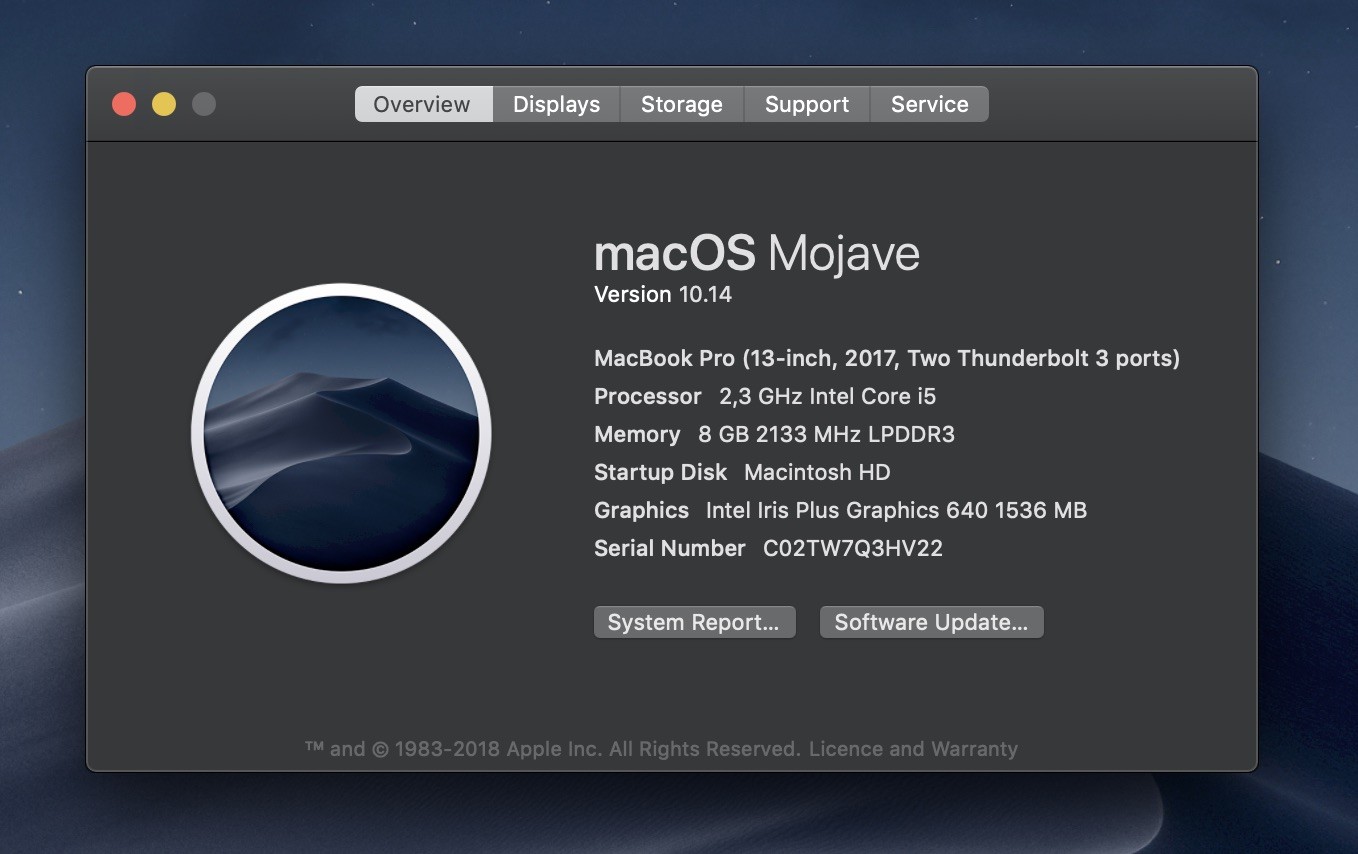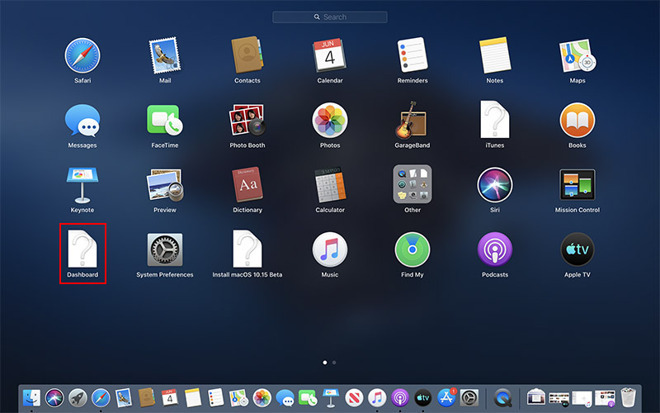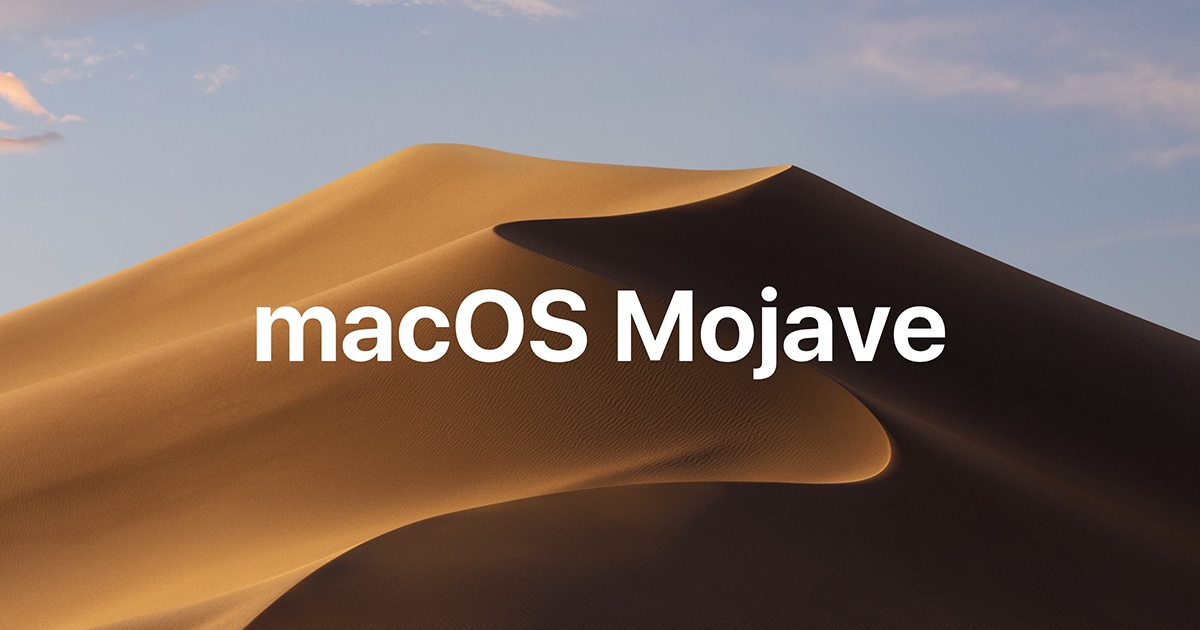

Please also be aware that macOS Mojave is the final version that can run older 32-bit applications as described on Apple's website at. Additionally, OS versions that reached end of life are no longer maintained by their manufacturers, such as end of enhancements and security updates, which will render them no longer meeting UCSF's minimum security standards.
MACOS MOJAVE UPDATE SOFTWARE
UCSF IT cannot assist with future upgrades to application software if your macOS version isn't current, such as Microsoft Office and various productivity applications, when their respective vendors no longer maintain official compatibility of their software products with older OS versions. What other impacts do I need to be aware of besides security risk?
MACOS MOJAVE UPDATE UPGRADE

MACOS MOJAVE UPDATE MAC
If your Mac is running macOS Mojave 10.14.x or any older versions, we suggest upgrading it to macOS Monterey (recommended) or macOS Big Sur (acceptable alternative). This proposed blockage is necessary because newly discovered vulnerabilities to security and information privacy in the operating system are no longer corrected by Apple with their periodic security updates for discontinued versions of macOS. Once a date is set, an announcement will be sent to the UCSF Community well in advance. We will block Macs running macOS Mojave 10.14.x or older from the UCSF network at a later date.

By policy, all computers used at UCSF must run vendor-supported versions of operating systems to avoid security risks. IT Field Services stopped offering macOS Mojave 10.14.x as a re-imaging option to all Macs without an approved security exception.

All versions of macOS older than 10.14.x also do not meet UCSF's minimum security standards. UCSF IT Field Services ended support of macOS Mojave 10.14.x since November 30, 2021. Security updates and maintenance from Apple discontinued as well. MacOS Mojave 10.14.x approached its end-of-life (EOL) and is no longer supported by Apple. Support ended at UCSF since NovemWhat is Happening?


 0 kommentar(er)
0 kommentar(er)
